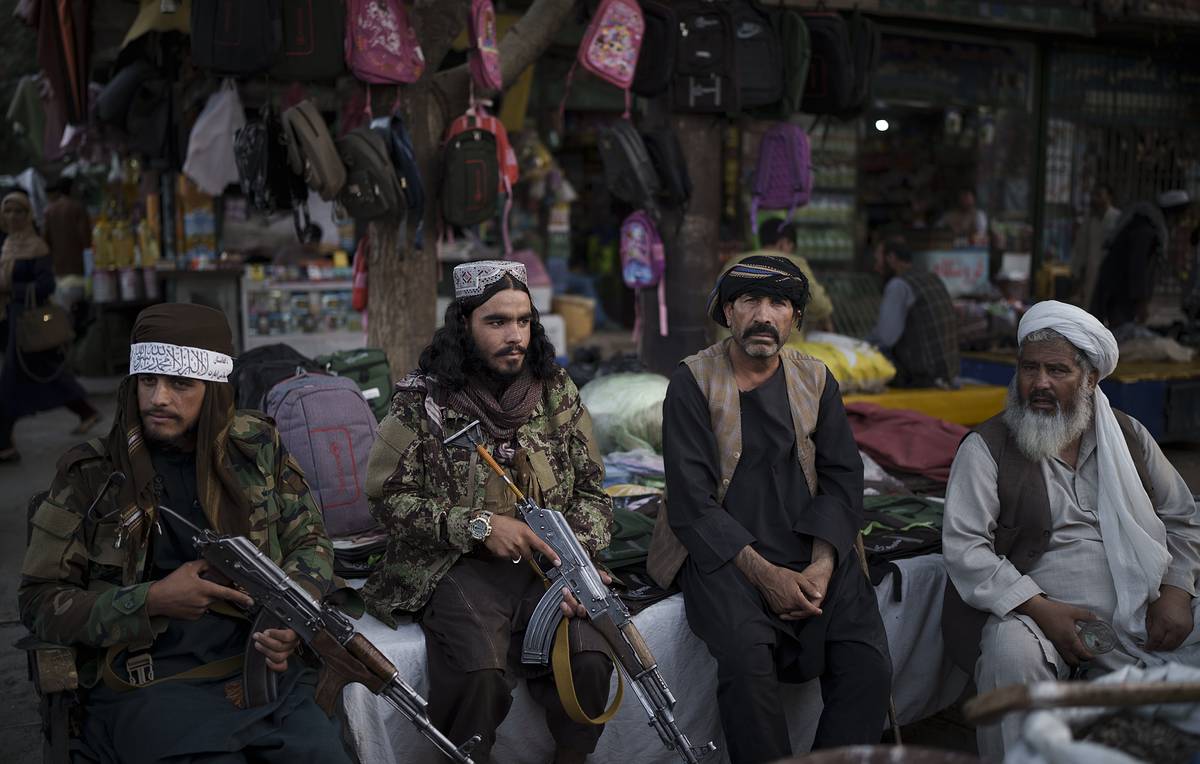Afghanistan in danger of new civil war, Says Japanese Analyst

According to the expert, the Taliban, being battle-hardened after decades of fighting, have absolutely no management experience
The prospects for stabilizing Afghanistan seem extremely vague since the Taliban which seized power in the country, have neither management experience nor proper personnel, and the threat of a civil war reigniting looks quite real, said Japan’s leading specialist on Central Asia and Researcher at the Tokyo University of Foreign Studies Masato Toriya.
The Taliban, the expert said, being battle-hardened after decades of fighting, have absolutely no management experience. “There are practically no human resources capable of really dealing with the current circumstances.
Even if, with the help of neighboring states, some prospects emerge for socio-economic stabilization, achieving this goal would be incredibly challenging due to the country’s exhaustion from four decades of war.
It is rather difficult to stop the deterioration of living conditions that will lead to a surge in discontent, which is likely to bring about an internal rift within the Taliban. One cannot deny the prospect of Afghanistan’s new slide into civil war.
Under such conditions, the fastest and most various forms of assistance provided by not only neighboring states but also by the US, the EU, Japan, Russia, are the key to the country’s socio-economic stabilization,” Toriya noted.
However, the Japanese expert claims, the US and the EU are unlikely to recognize the Taliban and provide economic assistance to Afghanistan as they believe that the radicals violate the rights of women and minorities and trample on democratic values.
“Neighboring countries are another matter: Pakistan, Iran, the former Soviet republics of Central Asia, as well as China face the threat of an influx of refugees and the spread of terrorism if the Afghan situation destabilizes,” Toriya noted.
“It is unclear whether [these countries] will go for state recognition of the Taliban’s authority, but it seems likely that they are going to provide both emergency and longer-term assistance to avoid any worsening of the situation,” the expert went on to say.
Meanwhile, the Japanese expert mentioned the contacts that were already being conducted by representatives from China and other countries neighboring Afghanistan in order to coordinate policy with regard to the Taliban.
The Taliban launched a large-scale operation to establish control over Afghanistan after the US had announced its intention to withdraw its forces in the spring. On August 15, Taliban fighters swept into Kabul without encountering any resistance, while Afghanistan’s President Ashraf Ghani fled the country. US troops had completely left Afghanistan by early September, ending their nearly 20-year presence there.




